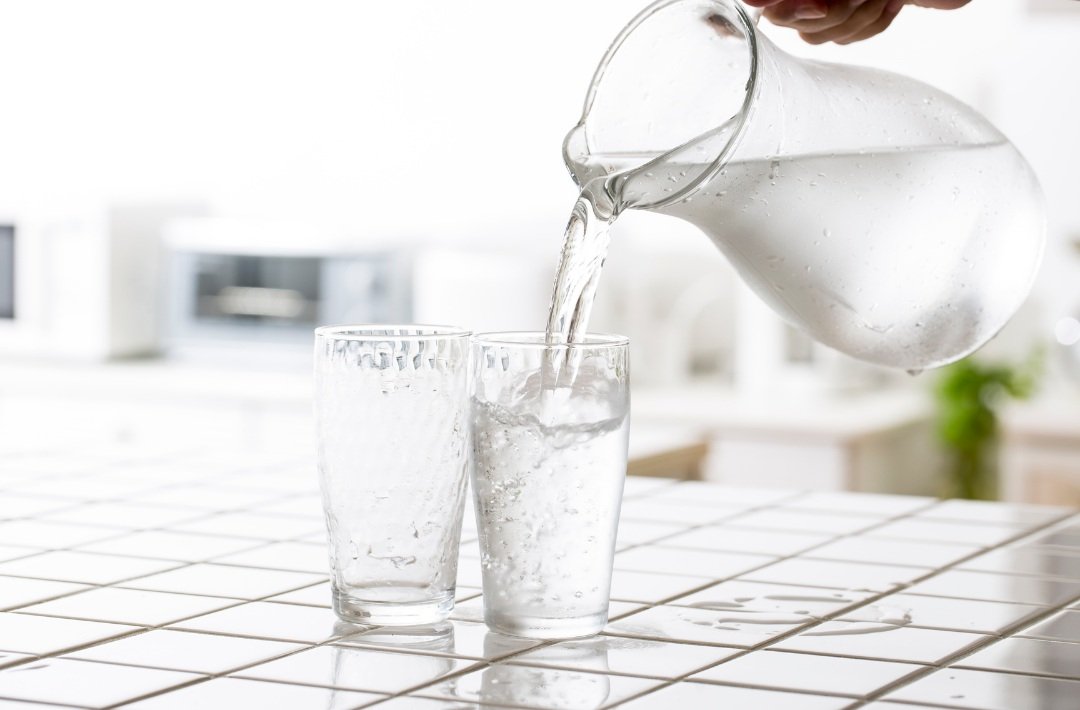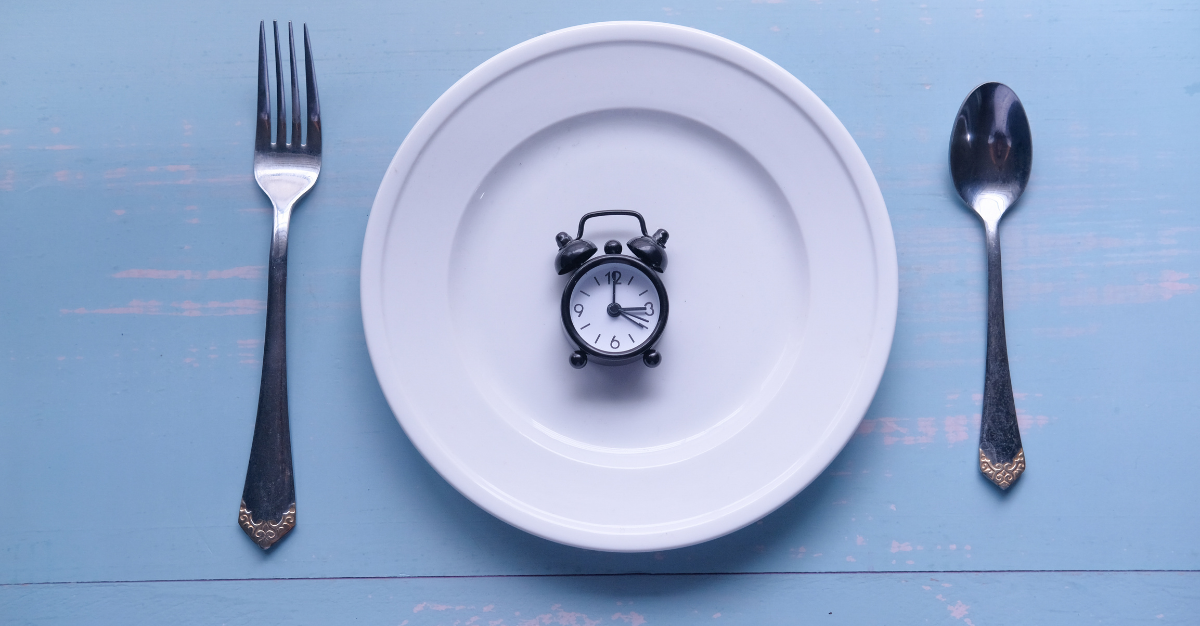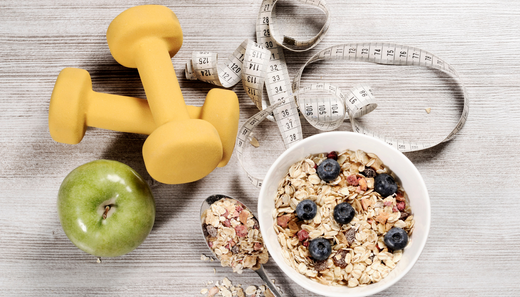If achieving glowing, youthful skin and staying ageless is on your list this year, you’re not alone. Many people don’t realize that a healthy metabolism does more than just burn calories—it also plays a vital role in maintaining clear, radiant skin and slowing down the aging process.
When your metabolism is sluggish, it can lead to hormonal imbalances, inflammation, and poor nutrient absorption—all of which contribute to breakouts, dullness, and premature wrinkles. Fortunately, you can take simple, science-backed steps to boost your metabolism while improving your skin from the inside out.
Key Terms for Understanding Metabolism
In simple terms, your metabolism refers to the number of calories your body burns for energy. We know that when the body is efficiently burning calories, it also maintains a healthy weight and body composition. Your resting metabolic rate (RMR) is a measurement of how many calories you burn while at rest, without adding in additional exercise. The thermic effect of food is a reference to the increase in metabolic rate (the rate at which your body burns calories) that occurs after ingestion of food. When you eat food, your body must expend some energy (calories) to digest, absorb, and store the nutrients in the food you've eaten.
Many factors influence your metabolism overall and this includes your age, body, composition, gender and even the food you consume. Although we all tend to blame a slowing metabolism in middle age on growing older, new research shows that it’s not so much the aging process (although that does play a role), but the lifestyle changes we tend to make in late adulthood that are to blame for midlife weight gain.
Signs Your Metabolism May Need a Boost
Our metabolism impacts more than just our weight. Several other body systems are also impacted including our hormones.
If you are experiencing the following, it may be a sign that your metabolism is not functioning optimally:

- Tiredness and fatigue
- Struggle to lose weight - despite exercise
- Cold hands and feet
- Thinning hair
- Low libido
- Irregular periods
- Poor sleep
- Bloating, constipation and more
Ready to take action? These 10 metabolism-boosting strategies will help you achieve glowing skin and a healthier, more youthful you.
10 Healthy Ways to Boost Your Metabolism (and Skin Health)
1 - Give your body the calories it needs.
It may seem counter-intuitive, but calorie restriction can slow down your RMR. Think of it this way: Your body wants to make sure you have the energy you need. When it senses you might not have enough caloric intake to support basic energy requirements, it adapts by requiring fewer calories for survival. That’s a big reason why although crash diets may result in short-term weight loss, many people can’t sustain their new lower weight very long. Your body needs energy to produce collagen and maintain hydration—key factors for youthful, radiant skin.
2 - Spice up your meals.

Certain spices have thermogenic effects which means they can switch on your body's heat-production systems, boosting your metabolism as you eat them and afterwards. Spicy foods can have a more pronounced thermogenic effect, so increasing consumption of spicier foods, including cayenne pepper, ginger, and turmeric, can impact your metabolism. They also fight inflammation that can lead to acne and skin aging.
Incorporating more anti-inflammatory foods into your diet is key, and our AgeWell Nutrition Vitality Blend is rich in ingredients that support both metabolism and glowing skin. It’s the perfect way to give your body the added support it needs while helping to fight the oxidative stress that causes aging.
3 - Focus on B vitamins.

The B vitamins serve many functions in the body, which is to help your body metabolize food and are essential for skin health. Good sources of B vitamins include fruit and vegetables such as bananas, spinach and peas, whole grains, legumes, eggs, and lean meats. Note that vitamin B12 is mostly available through animal sources, so vegans and vegetarians may want to investigate supplements. Proper testing and speaking with a natural healthcare practitioner can help determine if you have any nutrient deficiencies.
4 - Choose whole foods and plenty of protein.
Whole foods rich in antioxidants, like leafy greens and berries, combat free radicals that age your skin. Protein helps maintain firm, youthful skin by supporting collagen production.
Heavily processed and overly sweetened foods and beverages create an inflammatory response in the body that slows digestion, increases the production of harmful free radicals, raises insulin resistance, and ultimately slows your metabolism. Instead of processed foods, choose foods as close to their natural state as possible. In particular, quality sources of protein are important. The thermogenic effect of consuming protein is higher than that of carbohydrates or fat, and protein helps prevent muscle loss if losing weight.
5 - Add resistance training to your workout routine.
Because muscle is more metabolically active than fat, increasing the amount of muscle on your frame will raise your resting metabolic rate. A resistance training workout can also create an “afterburn” effect, in which you continue to burn a greater number of calories after the workout is over.
Building muscle not only raises your resting metabolic rate but also improves circulation, delivering nutrients and oxygen to your skin for a radiant glow.
6 - Stay hydrated and choose your beverages wisely.
Making careful choices about what you drink can help keep your metabolism in check. Staying hydrated with water is important for maintaining a well functioning metabolism, as even mild dehydration may slow metabolism down. Hydrated skin is plumper and more youthful-looking. Some studies show that green and oolong tea consumption can boost your metabolic rate by as much as 5%. Coffee also has a similar thermogenic effect shortly after consumption.

7 - Get enough sleep.
Beauty sleep is real! Sleep allows your skin to repair itself, reducing dark circles and fine lines. Without it, your metabolism and skin suffer.
Sleep also has a surprisingly big impact on your metabolism, considering you’re not active when you’re asleep! Your body will find ways to conserve energy if you’re tired, and studies confirm that your RMR decreases after a night of inadequate sleep. Plus, when you’re tired, you’re more likely to make poor food choices, in part because sleep helps maintain a balance between the hunger hormone, ghrelin, and the fullness hormone, leptin.
8 - Reduce stress.
Stress triggers the production of cortisol, a hormone that can lead to breakouts, redness, collagen breakdown, and even wrinkles! In addition to these effects on your skin, elevated cortisol levels activate your body’s “fight or flight” response, increasing appetite and insulin secretion. While this response was beneficial in times of scarcity, it often results in weight gain in today’s modern world. Reducing stress isn’t always easy, but proven strategies like moderate exercise and meditation can help improve metabolic health and support clearer, more youthful skin.
9 - Build in incidental movement to your days.
Moving more doesn’t have to mean formal workouts at the gym. Simply adding more incidental movement throughout the day improves your metabolism. Movement increases blood flow, delivering nutrients to your skin and flushing out toxins that cause dullness.
Whether you’re cleaning your house, parking a bit further away from the store, using a standing desk at work, or taking the stairs instead of an elevator, you’re helping your metabolism in a way that fits with your daily life. Even fidgeting more can help improve your non-exercise activity thermogenesis (NEAT), which is the number of calories you burn aside from formal workouts. NEAT tends to slow down with age – we move less in regular life as we get older - so make a conscious effort to keep this on your radar as you age.

10 - Keeping a regular schedule for meals.
Skipping meals disrupts blood sugar levels, leading to breakouts and dull skin. It might seem like a good weight loss strategy, but ultimately, your body likes a regular schedule. As with low-calorie diets, skipping meals can trigger your body to conserve energy, which ultimately slows your metabolism. A consistent eating schedule supports both metabolism and skin clarity.
Ready to uncover your root causes of stubborn weight?
Get a personalized assessment to uncover your unique imbalances that are impairing your metabolism with our personalized wellness assessments. We work with clients thru tele-health consulting wherever you live in the world. Together we can uncover root causes and develop a health supportive plan.

